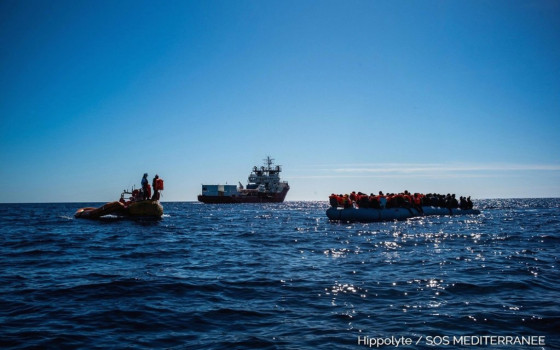
12 thousand children without their relatives in illegal immigration boats.. UNICEF: Mediterranean waters have become a graveyard for children and their future.. .
European Union: Developing a preventive model that relies on strong funding to prevent departures

- Europe and Arabs
- Saturday , 30 September 2023 9:41 AM GMT
Brussels: Europe and the Arabs
More than 11,600 children crossed the Mediterranean to Italy without their parents or legal guardians between January and mid-September this year, the United Nations Children's Fund (UNICEF) said.
UNICEF reported in a press release issued yesterday, Friday, that this number represents an increase of 60 percent compared to the same period last year, as about 7,200 unaccompanied or separated children crossed the dangerous road.
She explained that Lampedusa - a small island in southern Italy - is often the first point of arrival for people seeking asylum, safety and opportunities in Europe, adding that the number of arrivals reached its peak this month, with 4,800 people arriving in just one day.
The UN organization said that children who make these horrific journeys alone are placed on overcrowded rubber boats or worn-out wooden fishing boats that are not suitable for bad weather conditions. Some of them are also placed in the holds of ships, and others are placed on iron barges, especially those that pose a danger to navigation.
She added that the lack of coordinated and adequate search and rescue capabilities across the region, and cooperation at sea on disembarkation, exacerbates the risks children face when crossing.
The number of victims doubled
UNICEF said evidence suggests that unaccompanied children are at risk of exploitation and abuse at every step of their journey, and that girls and children from sub-Saharan Africa are the most vulnerable to suffering abuse.
It reported that at least 990 people, including children, died or disappeared while trying to cross the central Mediterranean, between June and August of this year, which is three times the number recorded in the same period last summer. When at least 334 people lost their lives.
She warned that the real number of victims may be higher, as the sinking of some ships leaves no survivors, and many of these incidents are not recorded.
Children who survive their journey are first detained in centers known as hotspots before being transferred to reception facilities, which are often closed and movement is limited.
UNICEF said there are currently more than 21,700 unaccompanied children across Italy in such facilities, compared to up to 17,700 children last year.
"Children's Cemetery"
Regina de Dominicis, UNICEF Regional Director for Europe and Central Asia and Special Coordinator for the Response to Refugees and Migrants in Europe, said that the Mediterranean has become “a graveyard for children and their futures.”
“The devastating toll on children seeking asylum and safety in Europe is the result of policy choices and a broken immigration system,” she added.
She stressed that there is an urgent need to adopt a European-wide response to support children and families seeking asylum and safety, and a sustainable increase in international aid to support countries facing multiple crises “to prevent further children’s suffering.”
UNICEF called on governments to provide safer and legal paths to seek asylum, ensure that children are not detained in closed facilities, strengthen national child protection systems in order to provide better protection for migrant children, coordinate search and rescue operations and ensure that transfer and disembarkation operations are carried out to safe places. It stressed that it is continuing. In its work to support Member States in strengthening systems and supports in communities of origin, preventing and mitigating risks faced by children on the move, and providing comprehensive support and services to all children, regardless of the legal status of themselves or their parents.
This coincided with the conclusion of discussions by interior ministers of European Union countries that were held before the end of the week in Brussels and focused on the issue of immigration and asylum. In this context, and under the title “The External Dimension,” and against the backdrop of the large numbers of irregular arrivals of migrants and asylum seekers throughout the European Union, the Council discussed ways to Building close and lasting cooperation with transit countries and major countries of origin of migration.
The Ministers supported the need to strengthen the external dimension of EU migration policy in order to address the migration challenges that the EU shares with other continents and countries. They stressed that a coordinated combination of development assistance to combat the root causes of migration, combat migrant smuggling, develop more legal pathways as an alternative to irregular migration, and a sustainable readmission and return policy, will be essential to prevent irregular migration. .
The discussion centered on developing a preventive model, based on strong financing, that would prevent irregular departures. It will be rooted in cooperation with countries of origin and transit and include elements such as joint patrols, joint operations centres, sustained cooperation over time and the development of orderly, regular and safe migration routes. Fernando Grande Marlaska Gomez, Acting Spanish Minister of the Interior
External migration policy requires comprehensive partnerships with some of our immediate neighbors and dialogues on migration and mobility with partners further afield. The EU's external migration policy needs a more preventive approach in order to effectively address structural challenges in countries of origin and transit.
Migration and Asylum Charter
The Presidency provided the ministers with the latest developments on the various legislative files of the Migration and Asylum Charter. The Presidency also renewed its commitment to comply with the goal set in the road map agreed upon between the five rotating presidencies, the European Parliament and the European Commission in September 2022, to reach an agreement on the charter files before the end of the current legislative term.
The Presidency also expressed its satisfaction with the broad support shown by delegations regarding the recent compromise text on crisis regulation, and expressed its confidence in the possibility of reaching a negotiating mandate soon within the Council.
Following the 2015 migration crisis, member states negotiated a number of EU laws to reform the common European asylum system. Once adopted, the various EU laws currently being negotiated will lead to a common framework dealing with all aspects of asylum and migration management. There will be more solidarity with the Member States where most migrants arrive, more responsibility-sharing and there will be clearer rules for managing people seeking international protection. At the same time, the Charter will establish more efficient and fair procedures for people who need international protection, as well as for those who do not.
Overall, the Spanish Presidency highlighted the significant progress achieved so far, but also the important work that remains to be done in the inter-institutional negotiations between the Council and the European Parliament on the various files of the Migration and Asylum Pact.



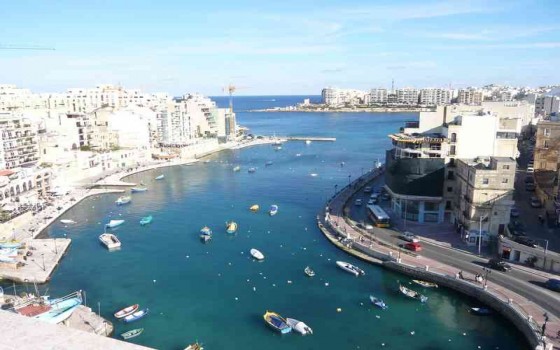



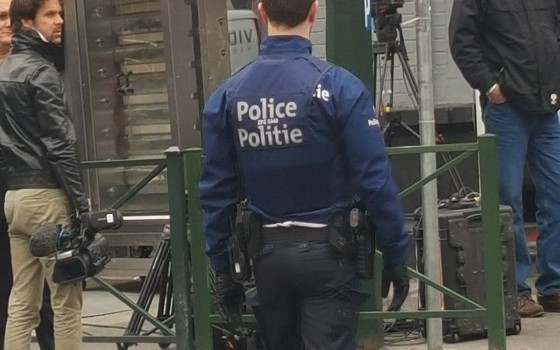
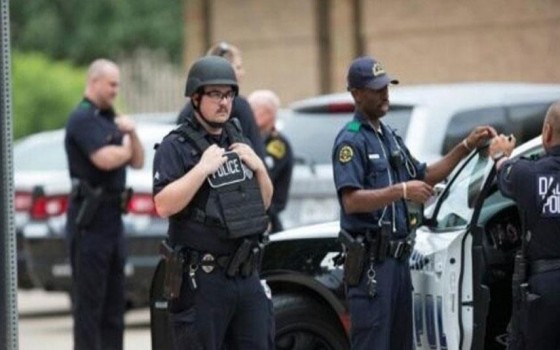
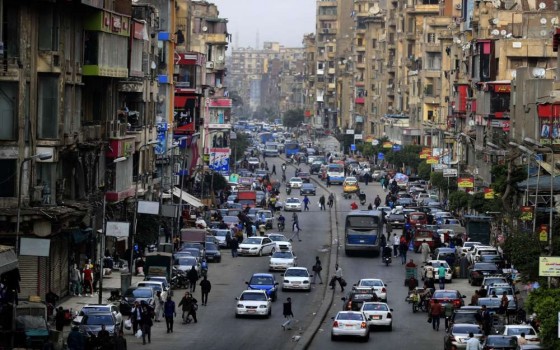
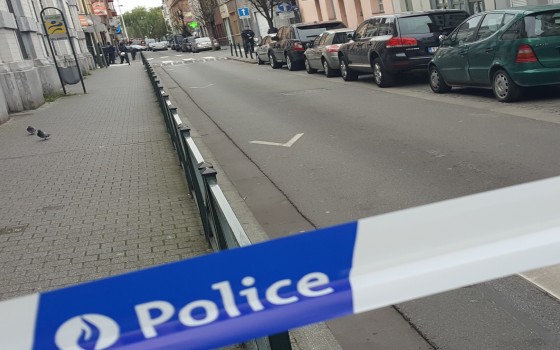

No Comments Found